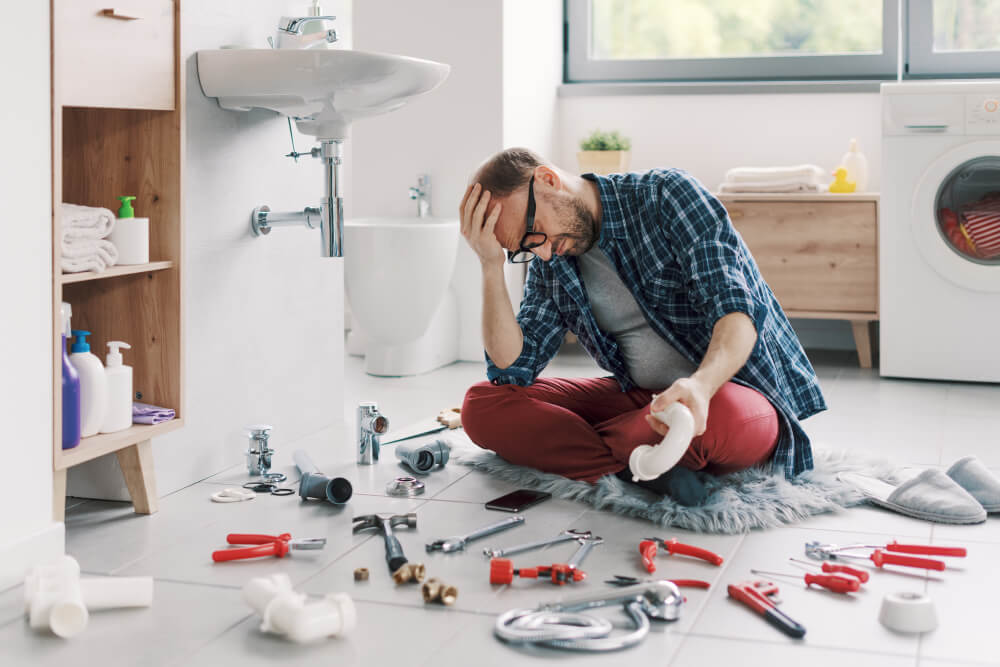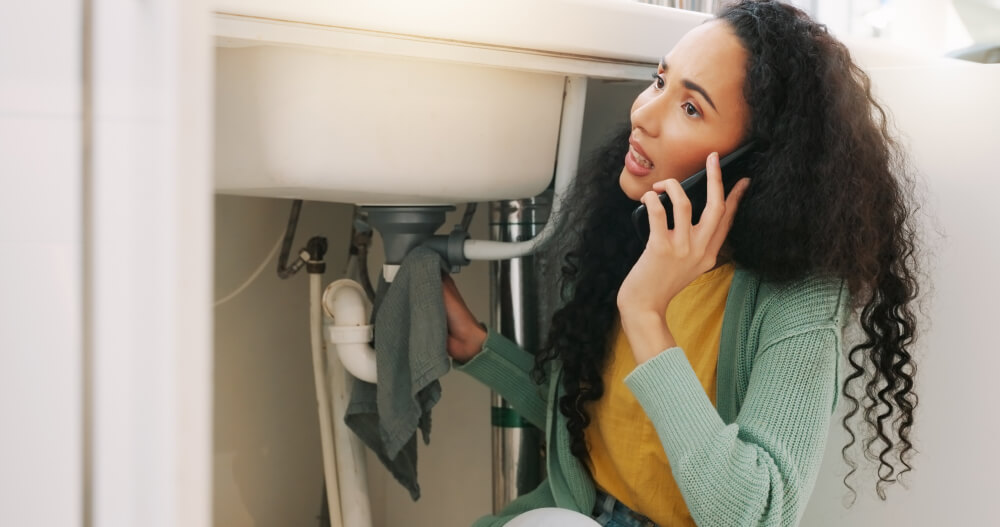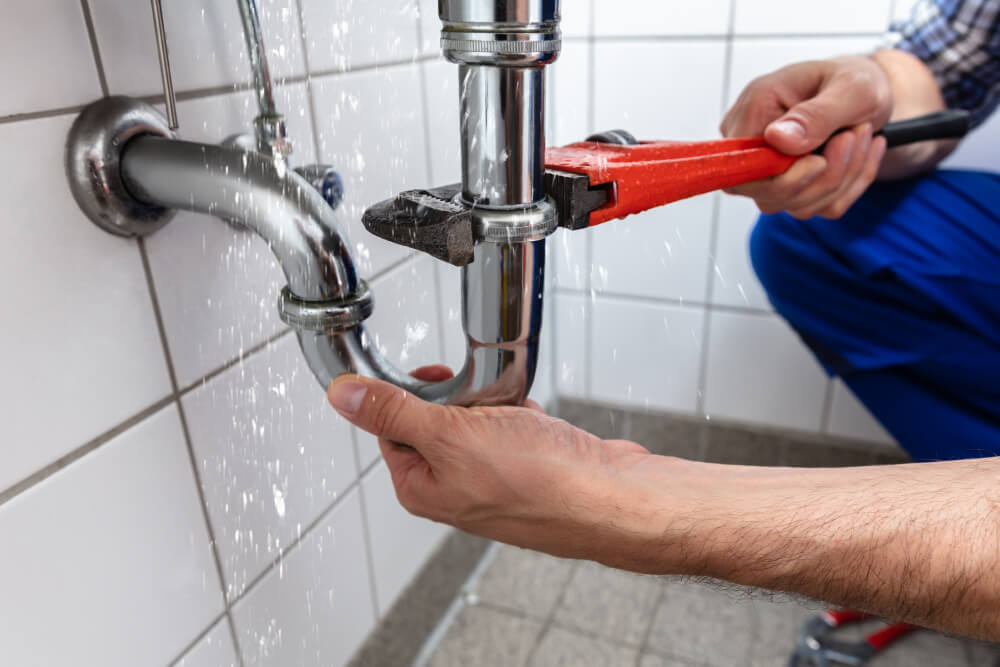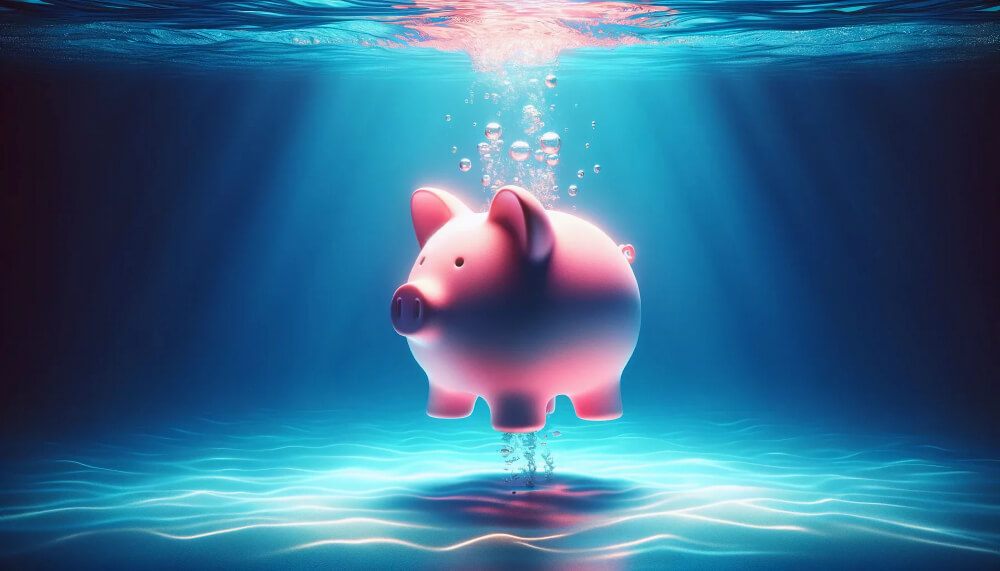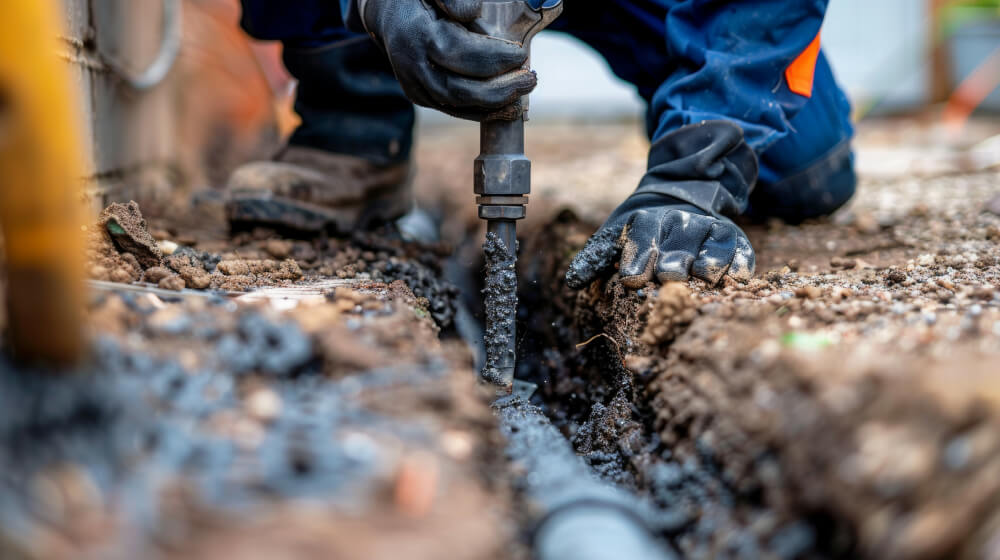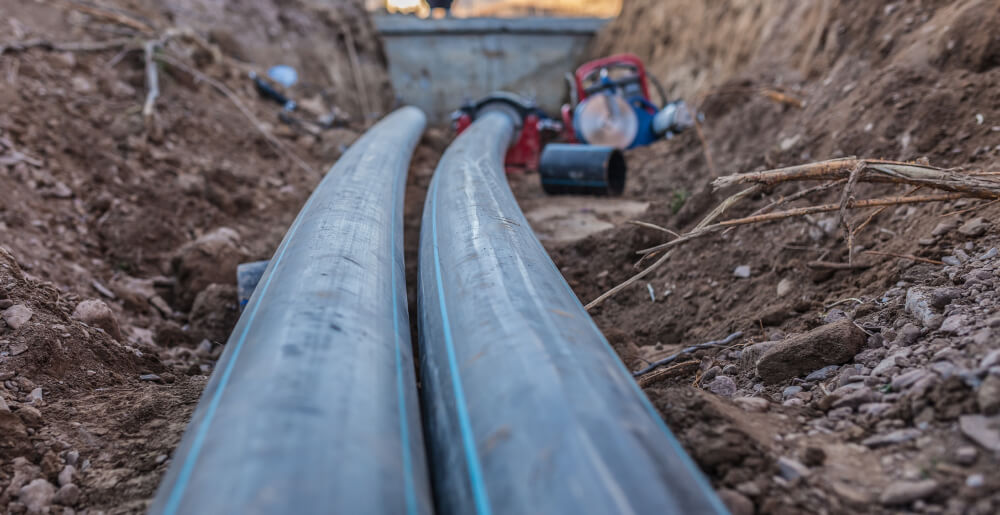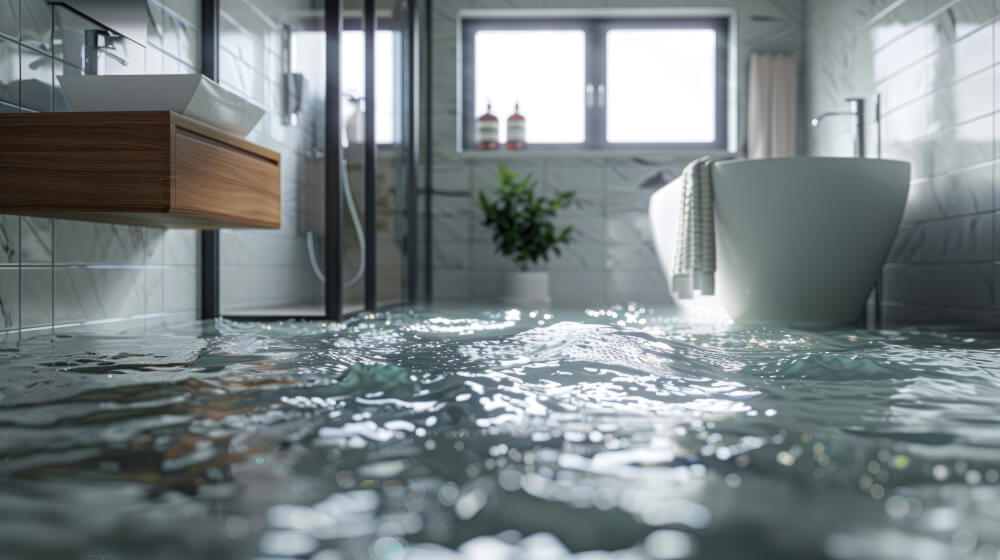Choosing the Right Water Heater
When selecting a water heater, consider the following factors to ensure it meets your household’s needs:
Types of Water Heaters Storage Tank Water Heaters:- Description: The most common type, these units store hot water in a tank for use when needed.
- Pros: Lower upfront cost, available in various sizes.
- Cons: Continuous heating can lead to higher energy costs.
- Description: Heats water only when needed, providing an endless supply of hot water.
- Pros: Energy-efficient, compact size, longer lifespan.
- Cons: Higher initial cost, may require upgrades to existing plumbing or electrical systems.
- Description: Uses electricity to move heat from the air or ground to heat water.
- Pros: Highly energy-efficient, lower operating costs.
- Cons: Higher upfront cost, requires a suitable location for installation.
- Description: Uses solar panels to capture and convert sunlight into heat for water.
- Pros: Environmentally friendly, can significantly reduce energy bills.
- Cons: High initial cost, dependent on sunlight availability, may require a backup system.
- Description: Uses exhaust gases to heat water, improving energy efficiency.
- Pros: Highly energy-efficient, suitable for larger households.
- Cons: Higher upfront cost, may require venting upgrades.
- Determine Your Needs: Consider your household size and hot water usage. A family of four typically needs a 50-gallon tank, while a tankless system’s size depends on the flow rate and temperature rise.
- First-Hour Rating (FHR): For storage tanks, check the FHR, which indicates the amount of hot water the unit can supply per hour.
- Flow Rate: For tankless systems, check the flow rate in gallons per minute (GPM) to ensure it meets your peak usage demands.
Join HICP Homeowner’s Alliance
Connect with experts, get special discounts and enjoy member benefits
- Energy Factor (EF): Look for the EF rating, which measures a water heater’s overall efficiency. Higher EF ratings indicate better efficiency.
- Energy Star Certification: Choose models with Energy Star certification for higher efficiency and potential rebates.
- Electric: Generally easier to install, but may have higher operating costs.
- Natural Gas: Often more cost-effective, but requires gas lines and proper venting.
- Propane: Similar to natural gas but more expensive and less common.
- Solar: Environmentally friendly but requires a significant upfront investment.
Maintaining Your Water Heater
Regular maintenance can extend the life of your water heater and ensure it operates efficiently. Here are some key maintenance tasks:
Flushing the Tank- Why: Removes sediment buildup that can reduce efficiency and cause damage.
- How: Turn off the power or gas, attach a hose to the drain valve, and drain the tank. Flush with fresh water until clear.
- Why: The anode rod helps prevent tank corrosion.
- How: Turn off the water supply, drain a few gallons from the tank, and remove the rod. Replace it if more than 50% is corroded.
- Why: Ensures the valve opens correctly to release excess pressure.
- How: Lift the valve’s lever to test it. If water doesn’t flow out, replace the valve.
- Why: Reduces energy costs and prevents scalding.
- How: Set the thermostat to 120°F (49°C). For electric heaters, you may need to adjust both upper and lower thermostats.
- Why: Improves efficiency by reducing heat loss.
- How: Use a water heater insulation blanket for the tank and foam pipe insulation for exposed pipes.
Troubleshooting Common Water Heater Issues
Knowing how to identify and troubleshoot common water heater problems can save you from costly repairs and discomfort.
No Hot Water- Electric Water Heater: Tripped circuit breaker, faulty thermostat, or heating element.
- Gas Water Heater: Pilot light out, gas supply issue, or faulty thermocouple.
- Electric: Check and reset the circuit breaker, replace the thermostat or heating element if needed.
- Gas: Relight the pilot light, ensure the gas supply is on, or replace the thermocouple.
- Possible Causes: Undersized water heater, sediment buildup, or faulty thermostat.
- Solutions: Adjust the thermostat, flush the tank to remove sediment, or consider upgrading to a larger unit.
- Possible Causes: Thermostat set too high or malfunctioning.
- Solutions: Lower the thermostat setting, or replace the thermostat if it’s faulty.
- Possible Causes: Sediment buildup, heating element issues, or expanding/contracting pipes.
- Solutions: Flush the tank to remove sediment, replace the heating element, or secure loose pipes.
- Possible Causes: Faulty pressure relief valve, leaking pipes, or tank corrosion.
- Solutions: Replace the pressure relief valve, repair or replace leaking pipes, or replace the tank if it’s corroded.
- Possible Causes: Rusty pipes or failing anode rod.
- Solutions: Replace the anode rod, or if the issue persists, you may need to replace the water heater.
Choosing, maintaining, and troubleshooting your water heater are essential skills for any homeowner. By selecting the right type and size for your needs, performing regular maintenance, and addressing common issues promptly, you can ensure a reliable supply of hot water and extend the life of your water heater. Remember, when in doubt, don’t hesitate to call a professional plumber for assistance. Proper care and attention will keep your water heater running efficiently and effectively for years to come.

